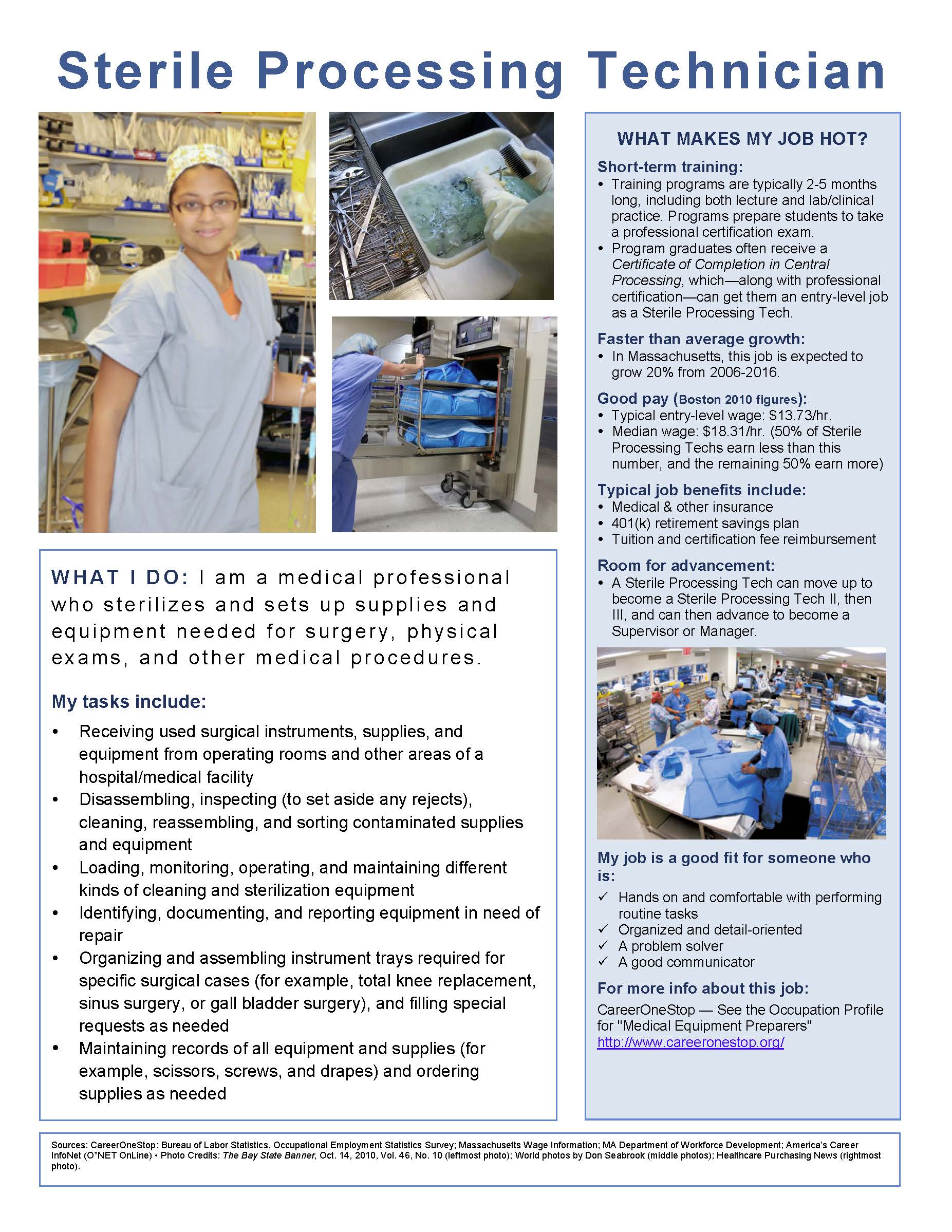JFF Tools and Resources
Preparing students – especially those with lower skills – to graduate or pass the GED and acquire the broad range of skills and competencies needed for postsecondary success requires consistent, school-wide use of effective teaching practices. This tool provides an overview of JFF’s Common Instructional Framework. Please contact us for sample lesson plans.
Preparing students – especially those with lower skills – to graduate or pass the GED and acquire the broad range of skills and competencies needed for postsecondary success requires consistent, school-wide use of effective teaching practices This tool describes JFF’s Common Instructional Framework and provides sample lesson plans that incorporate the instructional strategies.
This white paper shares lessons from “best in class” GED to College programs that show early, positive results in preparing youth for college and helping them persist once there. It also explores key issues connected to the growth of this programming within the field and lays out a framework for leaders and program staff looking to transform short-term GED programs into more intensive, college-connected designs.
This paper highlights the Postsecondary Success Initiative, launched in 2008 as a collaboration of Jobs for the Future (JFF), YouthBuild USA, the National Youth Employment Coalition, and as of 2011, the Corps Network with generous support from the Bill & Melinda Gates Foundation and the Open Society Foundations.
This tool is designed to help assess key steps schools and programs can take to start to embed college readiness skills into their daily activities and identify next steps for improvement.
This tool is designed to inform the planning and building of support infrastructures for students transitioning to postsecondary institutions from second chance systems.
This tool assists community based organizations and their partner postsecondary institutions to assess the overall strength of their partnership and explore how they can work together to help students in Back on Track diploma- and GED-granting programs get ready for college and receive ongoing structured help with the transition and in their first year of enrollment.
This tool provides a platform for discussion about making data an essential part of practice.
This tool includes key features of a college skills for success course, an overview of these courses in four postsecondary institutions, and a matrix that staff can use to design or enhance their college skills for success course.
This tool provides guidance to national networks, cities and community colleges working to assess young people's college readiness, persistence and completion and to devise strategies to help them stay on track and complete a credential.
This web-based tool examines the alternative education policies of all 50 states and the District of Columbia and aligned those with seven model policy elements that define a new alternative education policy set.
This online tool identifies six policy elements that underpin a holistic state-level policy approach to dropout prevention and recovery. Find out about these elements and which states’ are making progress to achieve them.
Changing the Landscape describes work in communities and states designed to develop a systemic approach to expanding learning options and improving outcomes for students who are struggling or who have left school.
Additional Tools and Resources
This publication describes lessons learned from a multiple organization partnership in New York City during the development and implementation of the College Access and Success model.
This study examines promising strategies to reengage low-income disconnected young people and how to take these strategies to scale.
This report studies new efforts to transition adults without a high school diploma to GED to college and career readiness via accelerated learning.
This paper describes how the College Transition Program (CTP) has strengthened GED graduates' transition into the City University of New York (CUNY).
This publication describes successful practices and program models that serve off-track and out-of-school youth, gathered from leading practitioners in New York City.
This website provides practical advice and lessons learned by high school seniors and college students who have made it to college. Find student-produced personal stories and tips, along with planning checklists they have helped create. For college advisors, there’s a special section with resources.
This brief describes a number of finance-related policies that states can use to support the development of education options that serve struggling students and disconnected youth.

